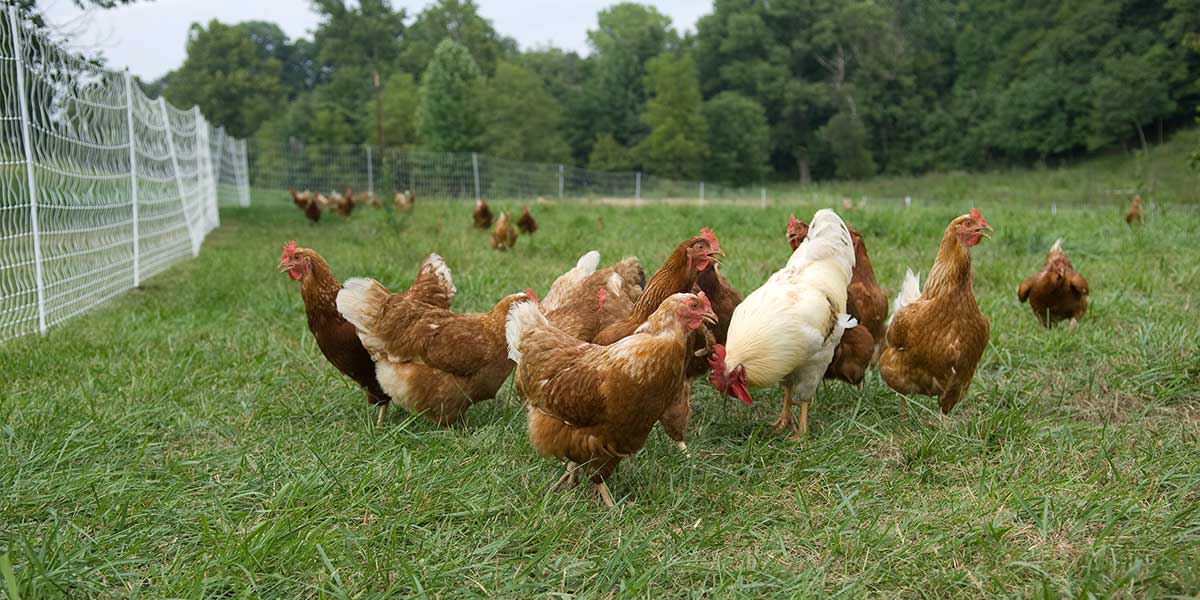Mischief, a golden retriever full of roguish devilry and given to a wide assortment of shenanigans, for years filled Carla and Keith’s apartment with woofs of joy, squeals of delight, and occasionally a few (human) yelps of horror. The reason for the latter was this: all her doggy life, Mischief had a penchant for swiping food from unsuspecting humans. This irremediable behavior once even inspired Carla to write a poem for her niece!
Fair Warning: Our Dog Loves Spaghetti
Our dog loves spaghetti, and meatballs too,
And sometimes she even eats tofu!
My Dad tried to train her, teach her what to do:
Heel, sit, roll—and wait for a treat or two.
But she doesn’t listen, though she does understand.
Instead she ignores our every command.
She can reach every tabletop, no matter how high,
And sticks out her tongue, like a toad catching a fly,
To grab pizza crusts, or bananas with peels—
Meanwhile ignoring her own doggy meals—
Without breaking a dish or making a sound!
In a flash it’s all gone when you turn around.
“Guard your dinner well!” we tell all our guests,
To warn them they can’t trust this pest of all pests.
Swiping our food is her most favorite game.
And what do we call her? Mischief is her name.
Continue reading “Why New York State Dog Licenses Are Important”









 Those little metal pet rabies tags you attach to your dog or cat’s collar are much more than jingling baubles. Rather, they are shining insignia that represent one of humankind’s great victories over a centuries-old scourge.
Those little metal pet rabies tags you attach to your dog or cat’s collar are much more than jingling baubles. Rather, they are shining insignia that represent one of humankind’s great victories over a centuries-old scourge.
